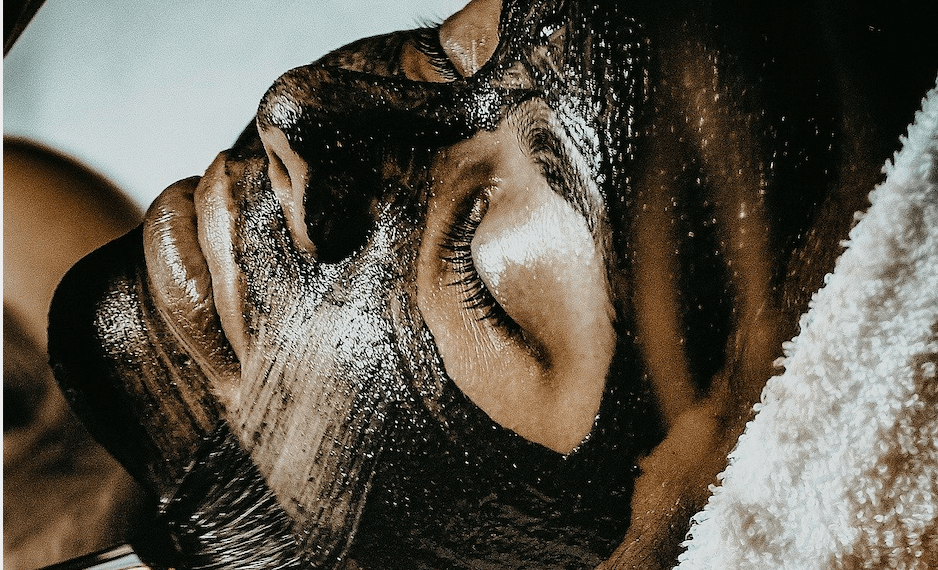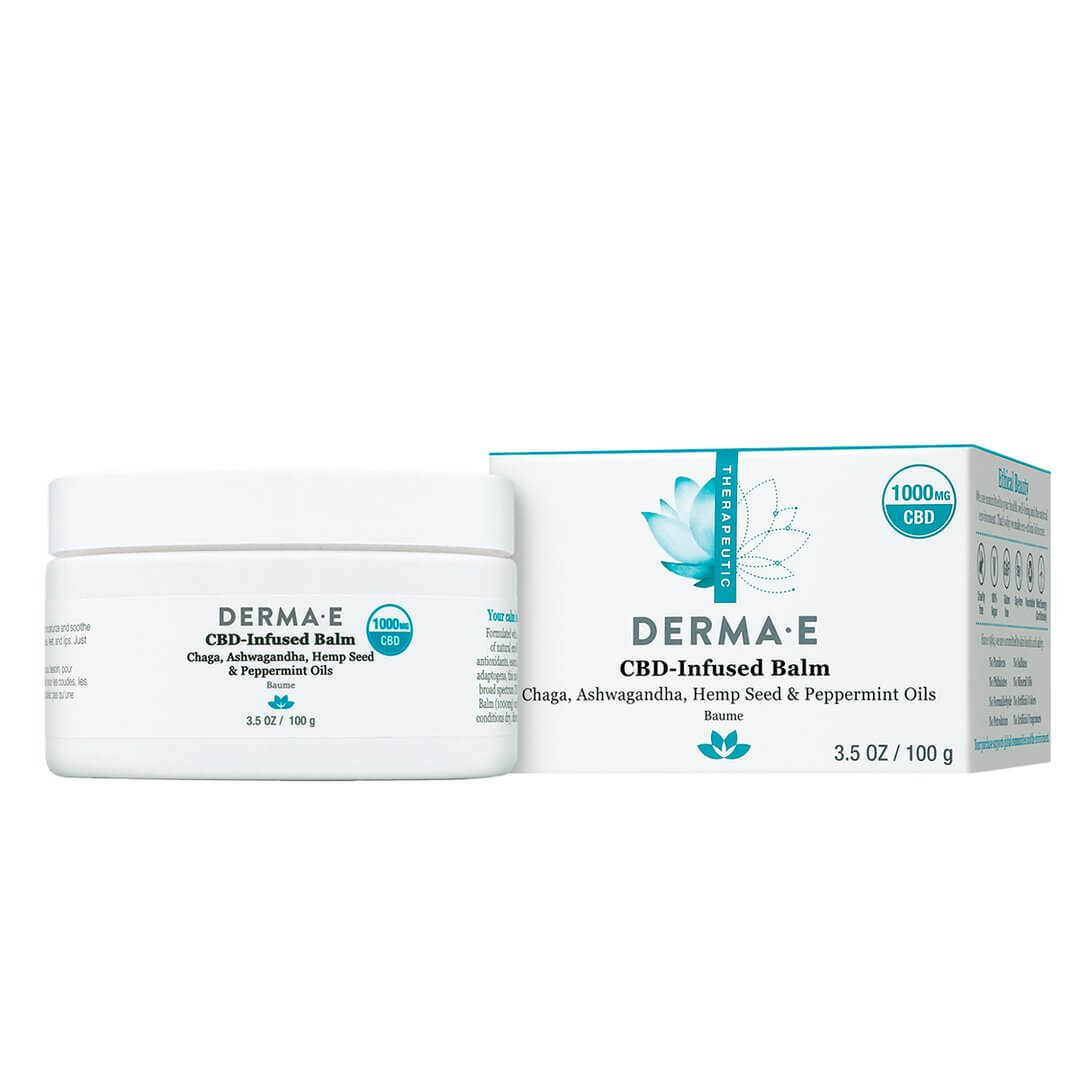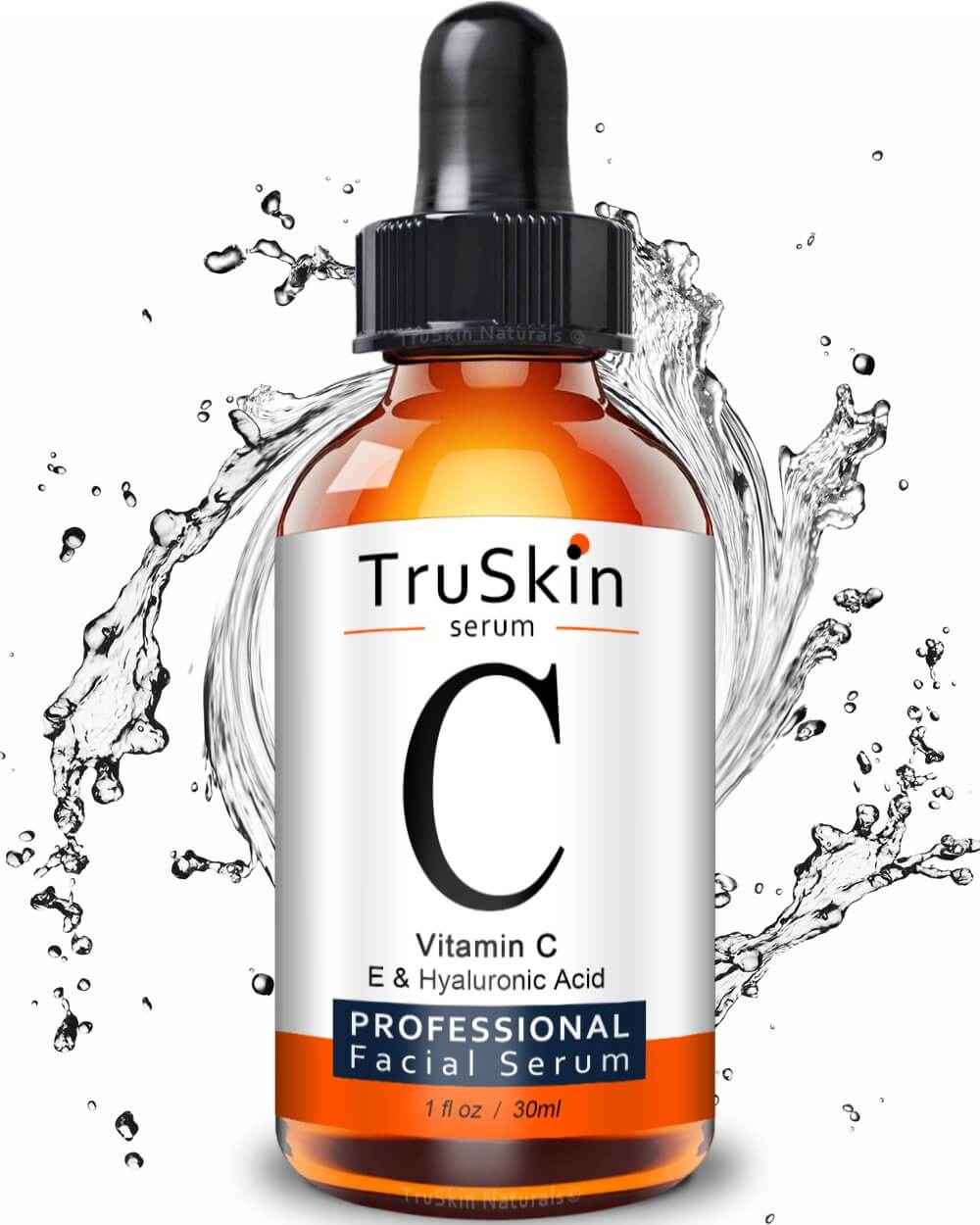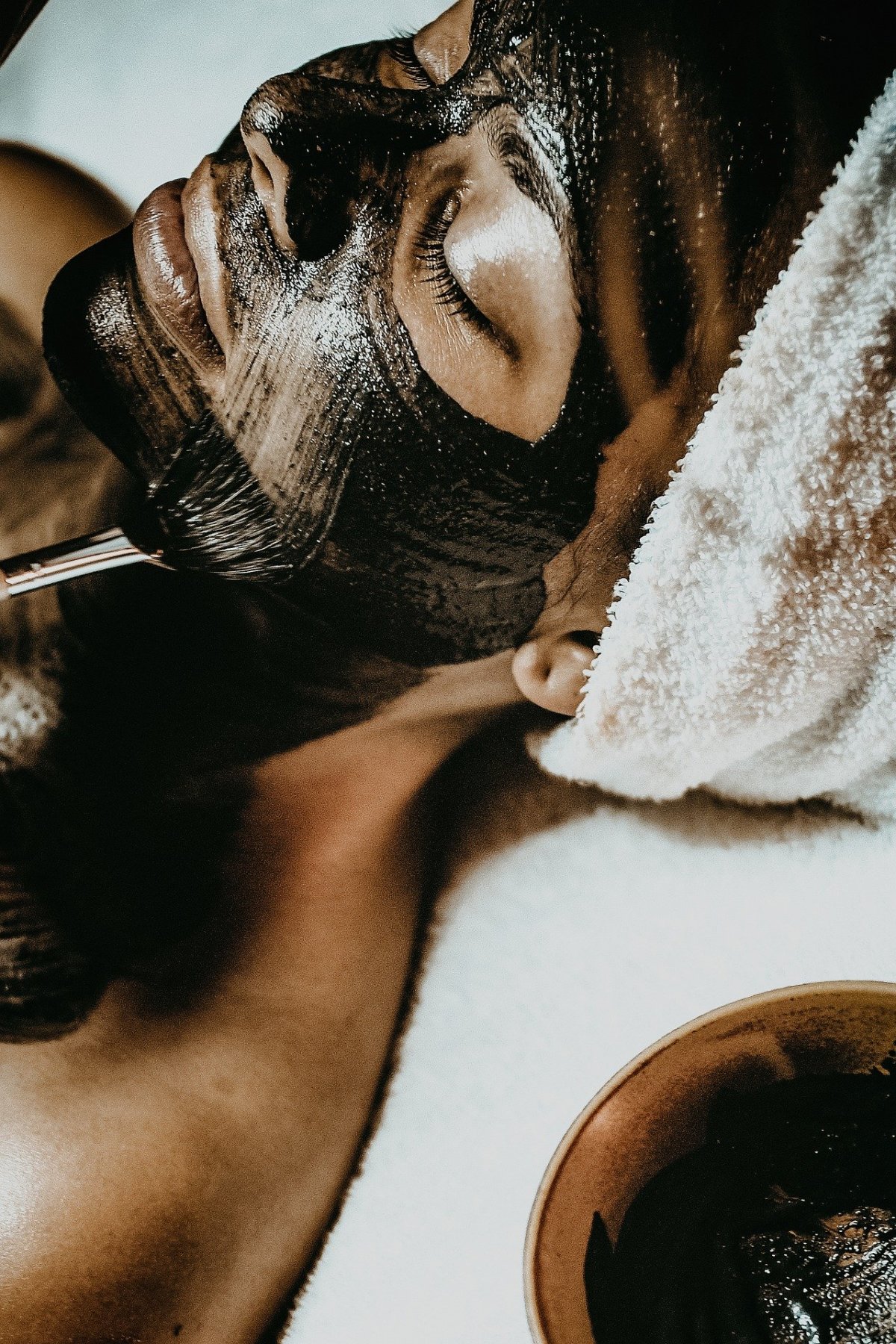
The last six months with COVID-19 have forced us into a strange new normal. With limited physical interactions, the perceptions of our individual appearances are becoming increasingly apparent. This level of self awareness has changed how we view ourselves, how we take care of ourselves, and even types of beauty products that we buy.
While it’s true that our personal appearances have long since influenced many aspects of our lives — not to mention the media and brands that surround us us — this quarantine has altered our perception of self love. It has created new wants and aspirations which have shaped our consumer behavior. Thanks to a heightened awareness of our most natural selves, we are shifting our cosmetic needs from makeup to skincare, the ramifications of which just might be a strong silver lining of the pandemic.
Hyper-Awareness of our Skin
At this point, we know the feeling all too well. You’re sitting on a video conference call, focusing far less on the presentation being made than by our own little video box. Your own digital reflection stares back at you and you wonder, is it time to invest in an under-eye cream? Have my pores always looked this big?
Zoom culture has made everyone, from high-ranking professionals to high school students, hyper-aware of what they look like. Boardrooms aren’t lined with wall-to-wall mirrors. Neither are classrooms. We are not used to watching ourselves all day long.
In the past, when we would catch a glance, it was more likely to remind us of our carefully perfected cat-eye liner technique. Now, accidental strolls past our mirrors (or again, the constant onslaught of video calls) showcase our skin au naturel.
For some of us, this is a great thing. Our skin gets a chance to breathe without clogged pores or harsh chemicals. We wake up refreshed and relieved that our lengthy cosmetic routines are a thing of the past. But for others — namely those of us who have yet to perfect our skincare routines — it’s incredibly stressful to be reminded of what we actually look like on such a regular basis.
Makeup products have long been triumphed as a means to enhance natural beauty, but now, there are fewer and fewer justifications for getting all dolled up. We haven’t been leaving the house, and when we do, a face mask covers your whole contour anyway. Quarantine has been curtailing cosmetic efforts for months now; as mentioned, this is becoming the new normal.
Moreover, the very necessary face-covering precaution that is keeping us (and everyone around us) safe from the coronavirus is the very thing that’s wreaking havoc on our makeup-free complexions. “Maskne” and skin irritation have called more attention to skincare than Zoom, even.
An Evolving Beauty Industry
Now that mascaras and lip liners are taking a backseat to serums and moisturizers, brands and consumers alike are changing their approaches to skincare.
Andrew Wardlaw of MMR Research Worldwide writes about this in a recent LinkedIn article, where he highlights the “higher purpose beauty industry.” New trends like stress relief and personal empowerment are coming to the forefront, as consumers themselves prioritize self care via skincare.

Take DERMA E, for example. Their five-star CBD Infused Balm is filling online shopping carts nationwide with promises to “deliver potent antioxidant and calming benefits to help soothe and calm skin.” Consumers can rest easy, knowing that their skin and their stress are being well taken care of.
Similarly, TruSkin’s Amazon best-selling Vitamin C Serum will brighten your complexion and leave you feeling refreshed and confident. One reviewer praises the product for benefits like “improved skin tone and texture,” even at age 67. With improved skin comes improved self confidence and, of course, more fulfilling self care.

From Media to Me
In recent years, the beauty industry has experienced a large-scale rebrand. Gone are the days of superficiality and unattainable standards. Slowly but surely, consumers have been welcomed into a new world of inclusivity and empowerment. We’ve seen this in makeup ads that celebrate diversity. We’ve seen this in celebrity endorsements that make trends more tantilizing. Positive or negative, the media have always been pushing rather specific beauty narratives.
Now, however, we are witnessing a very interesting shift, where the consumers themselves are making their own demands. We are using our purchasing power to glorify the products that make us feel confident, sans concealer; that make us glow, even without the bronzer/highlighter palette. New product demands are channeling the byproducts of the quarantine — namely, the heightened awareness of our own complexions — into positive reinforcements of self love.
It will be interesting to see how the beauty industry pivots again once life returns to pre-COVID normalcy. Will eye makeup (visible with or without the mask) replace skincare as the number-one focus, perhaps? Only time will tell. But we can all rest easy knowing that if nothing else, the pandemic brought about better skincare habits.

